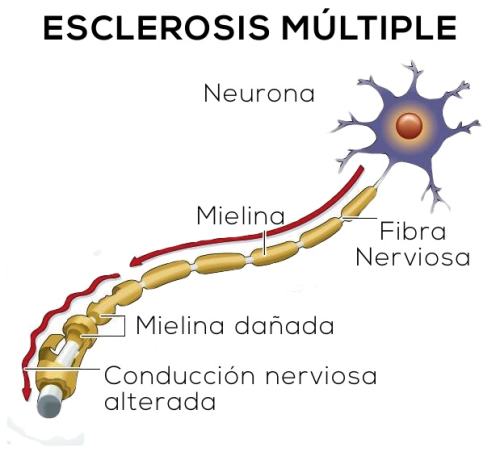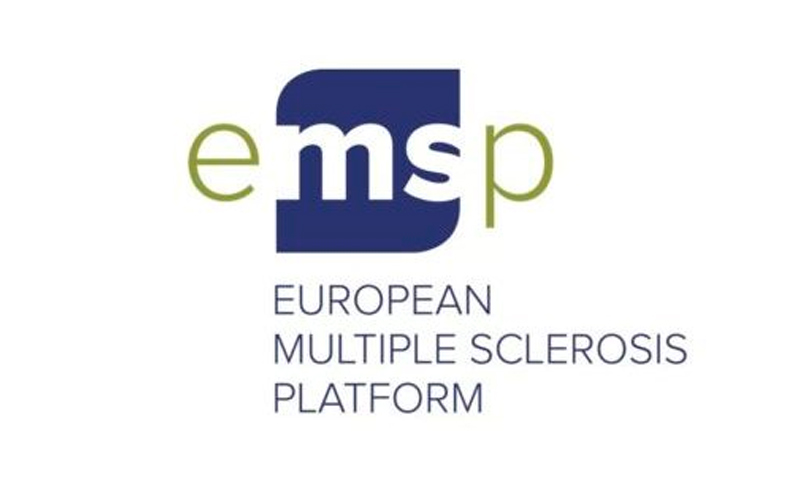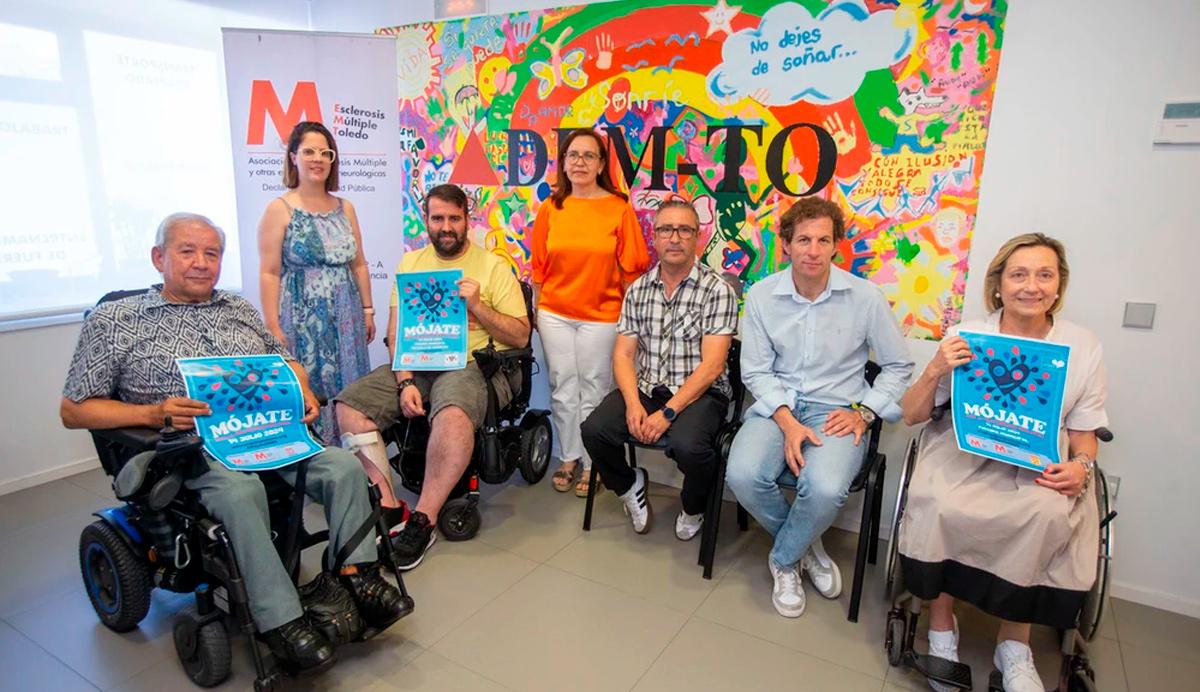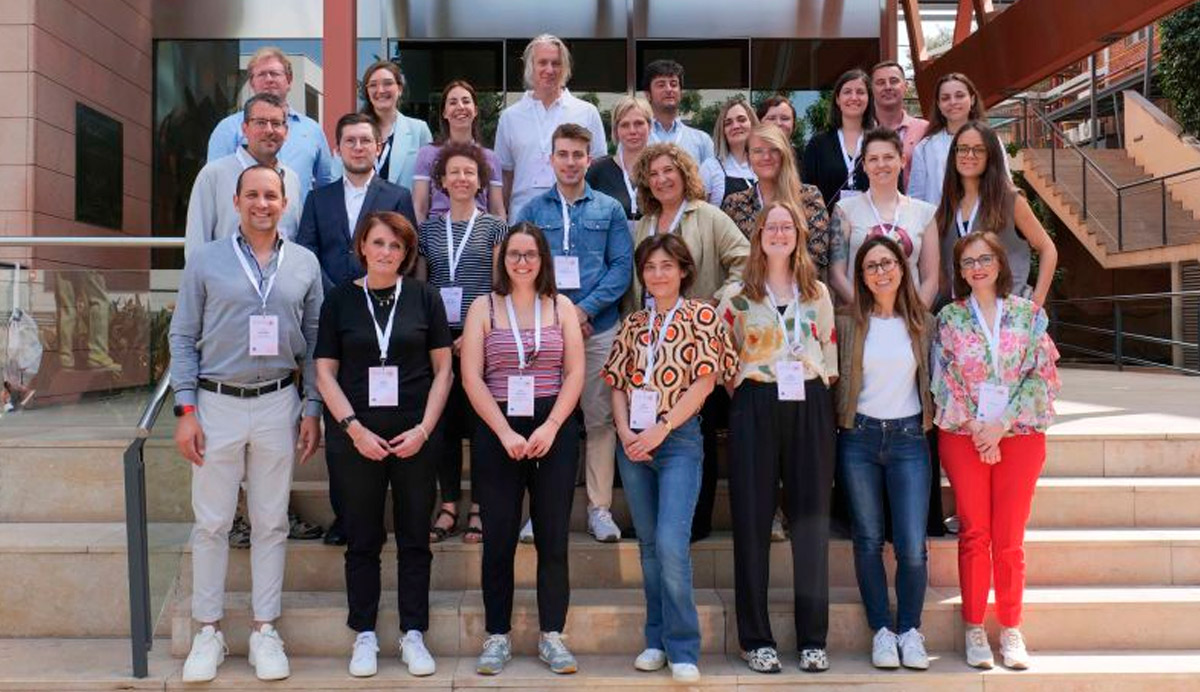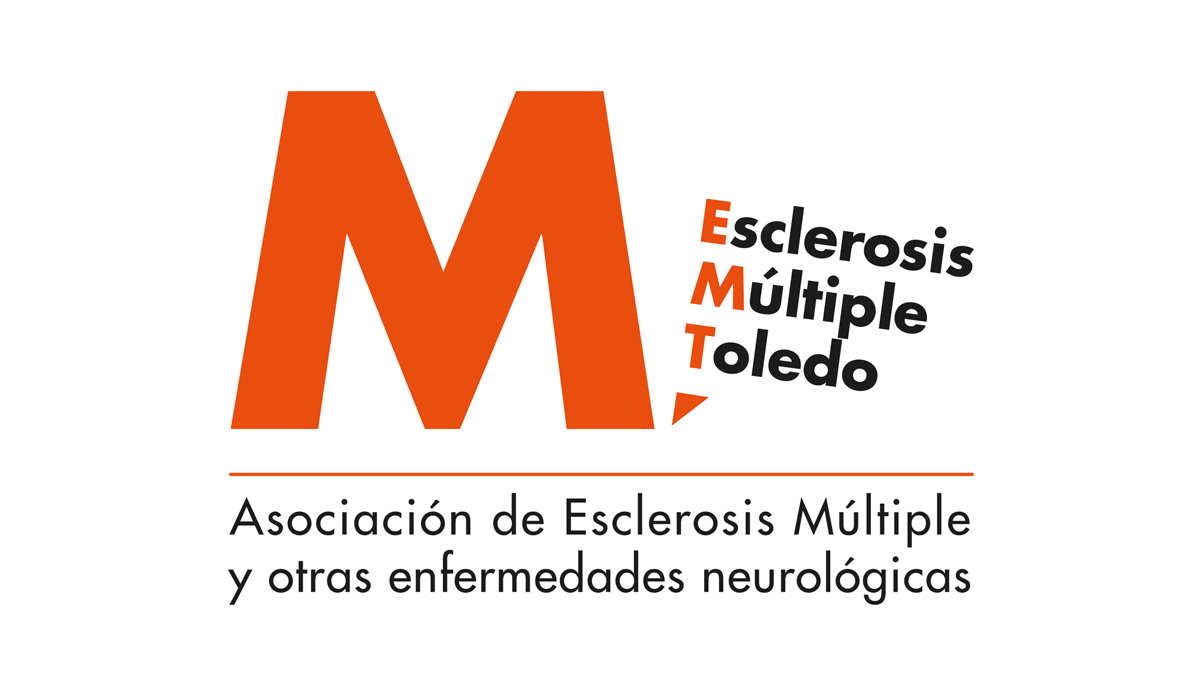People with multiple sclerosis in Spain
People suffering from this disease in Europe
People with multiple sclerosis in the world

What is Multiple Sclerosis?
Multiple sclerosis is an autoimmune disease in which the immune system attacks myelin, the substance that covers nerve fibers in the brain and spinal cord. Myelin acts as an insulator, allowing nerve impulses to travel quickly along nerve fibers. When myelin is damaged, nerve impulses can be interrupted or stopped, leading to a wide range of neurological symptoms.
In Europe only there are, around 500,000 people suffering from this disease, which is often diagnosed in individuals (mostly women) aged 20 to 40.
We’re in dire need of novel treatments for Multiple Sclerosis that not only effectively address the root cause of the disease but also offer safety and efficiency. These therapies should aim to minimize treatment duration and frequency while mitigating potential side effects.
Multiple sclerosis is
But… Why does Multiple Sclerosis occur?
The cause of MS is unknown, but researchers believe it results from a combination of genetic and environmental factors that cause our immune system cells to attack the nervous system. The immune system’s mission is to defend our bodies against external threats such as viruses and bacteria. However, in autoimmune diseases like MS, our defenses attack the body itself, making the immune system the aggressor: it attacks us instead of protecting us.
Although, as already explained, the cause may be a combination of environmental and genetic factors, MS is not considered a hereditary disease. However, there is a genetic susceptibility, meaning we are at a higher risk of developing MS if a family member has the disease.
